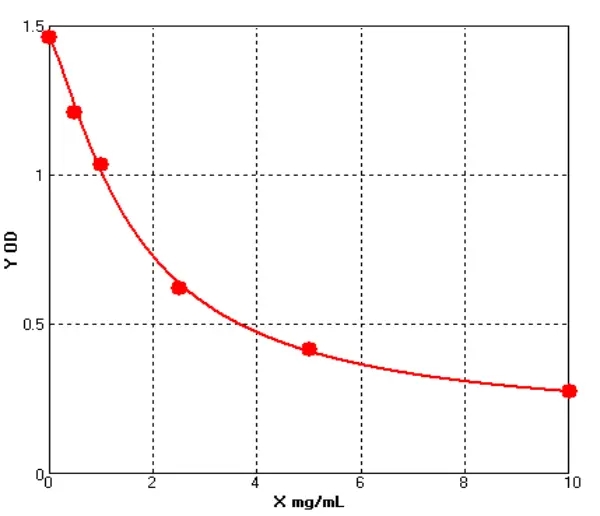BlueGene Biotech Research Areas
The basic principle of ELISA is Antigen-antibody interaction, which can be used to measure antigens and antibodies. In biological detection technology, it can be used for the evaluation of the efficacy of infectious diseases, abnormal immune diseases, tumors, and other related diseases and research on pathogenesis.
-
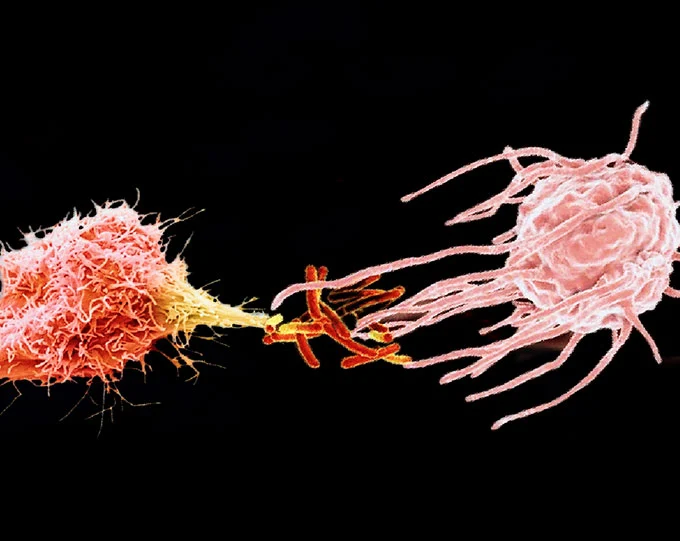 CancerThe occurrence of cancer could be divided into three stages: carcinogenesis, promotion and evolution. It is a complex process with many factors and steps. It has the characteristics of cell differentiation, abnormal proliferation, uncontrolled growth, invasion and metastasis.Learn More >
CancerThe occurrence of cancer could be divided into three stages: carcinogenesis, promotion and evolution. It is a complex process with many factors and steps. It has the characteristics of cell differentiation, abnormal proliferation, uncontrolled growth, invasion and metastasis.Learn More > -
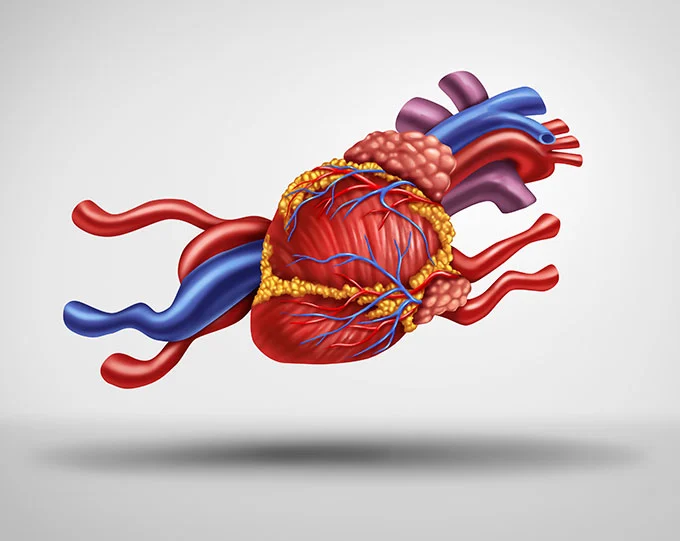 CardiovascularBlood vessels include three kinds: capillaries, arteries, and veins. They are the pipes of blood circulation. The heart is like a cone, located between the two lungs and in the chest. It is the powerful organ of the human body.Learn More >
CardiovascularBlood vessels include three kinds: capillaries, arteries, and veins. They are the pipes of blood circulation. The heart is like a cone, located between the two lungs and in the chest. It is the powerful organ of the human body.Learn More > -
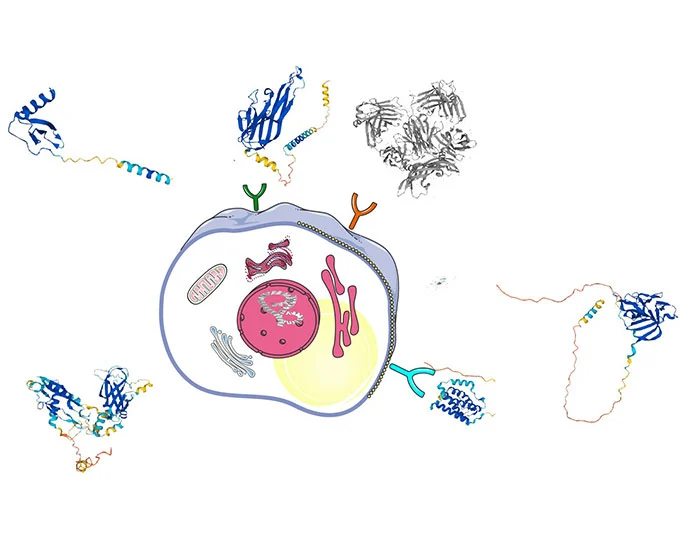 Others BlueGene Biotech's ResearchesOther neighborhoods include epigenetics, labeling & cell markers, stem cells, and others. Epigenetics is a branch of genetics that studies the heritable changes of gene expression with non-change situations for the nucleotide sequence of genes.Learn More >
Others BlueGene Biotech's ResearchesOther neighborhoods include epigenetics, labeling & cell markers, stem cells, and others. Epigenetics is a branch of genetics that studies the heritable changes of gene expression with non-change situations for the nucleotide sequence of genes.Learn More > -
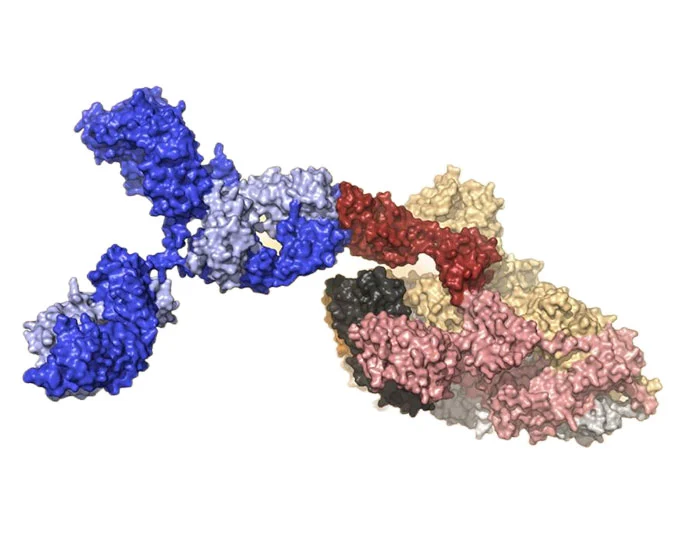 Cell BiologyCell biology is between molecular biology and developmental biology. It is a science to study and reveal the basic rules of cell life activities.Learn More >
Cell BiologyCell biology is between molecular biology and developmental biology. It is a science to study and reveal the basic rules of cell life activities.Learn More > -
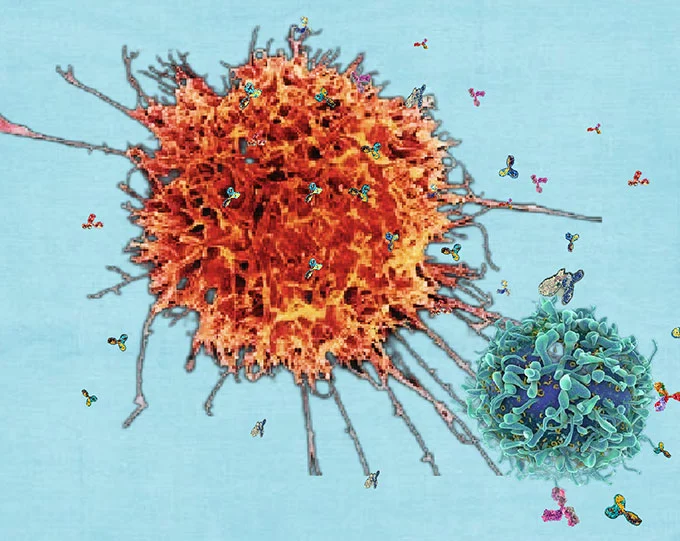 ImmunologyImmunology is an old and new subject. The development of immunology is the result of continuous exploration, summary and innovation in practice.Learn More >
ImmunologyImmunology is an old and new subject. The development of immunology is the result of continuous exploration, summary and innovation in practice.Learn More > -
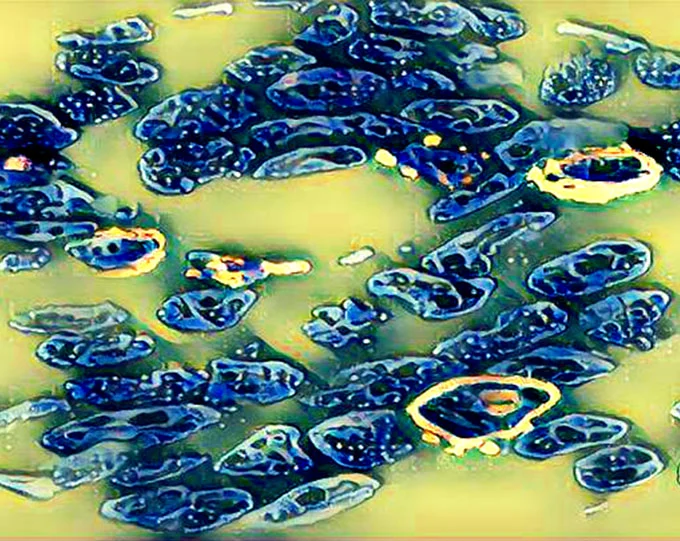 MetabolismMetabolism includes two factors: material metabolism and energy metabolism. Material metabolism refers to the exchange of substances between organisms and the external environment and the transformation process of substances in organisms. It includes anabolism and catabolism.Learn More >
MetabolismMetabolism includes two factors: material metabolism and energy metabolism. Material metabolism refers to the exchange of substances between organisms and the external environment and the transformation process of substances in organisms. It includes anabolism and catabolism.Learn More > -
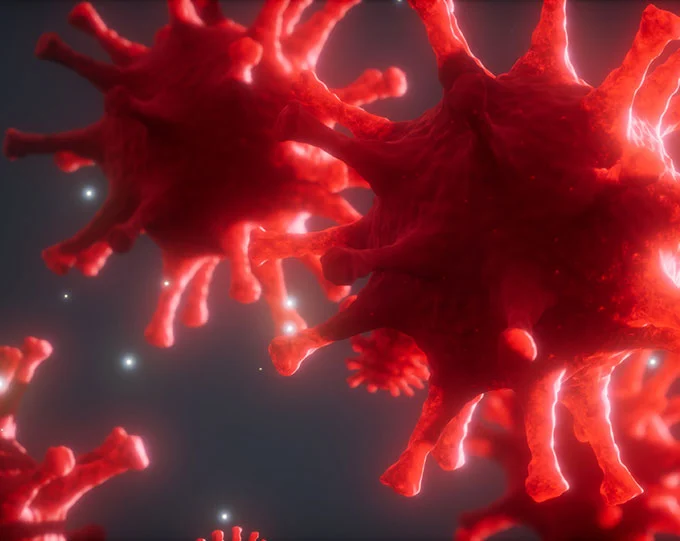 MicrobiologyMicrobiology is one of the branches of modern biology. It is a science to study the rules of life activities and biological characteristics of various microorganisms.Learn More >
MicrobiologyMicrobiology is one of the branches of modern biology. It is a science to study the rules of life activities and biological characteristics of various microorganisms.Learn More > -
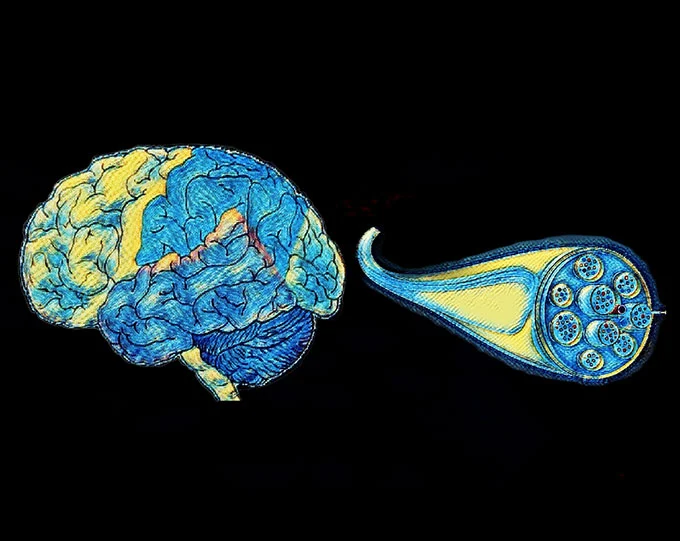 NeurobiologyNeurobiology is the star discipline of the 21st century. Neurobiology is a branch of biology that studies the anatomy, physiology, neurobiology and pathology of the nervous system. It involves neuroanatomy, neurophysiology, developmental neurobiology, molecular neurobiology, neuropharmacology, neuro internal medicine, neurosurgery, psychiatry, and others.Learn More >
NeurobiologyNeurobiology is the star discipline of the 21st century. Neurobiology is a branch of biology that studies the anatomy, physiology, neurobiology and pathology of the nervous system. It involves neuroanatomy, neurophysiology, developmental neurobiology, molecular neurobiology, neuropharmacology, neuro internal medicine, neurosurgery, psychiatry, and others.Learn More > -
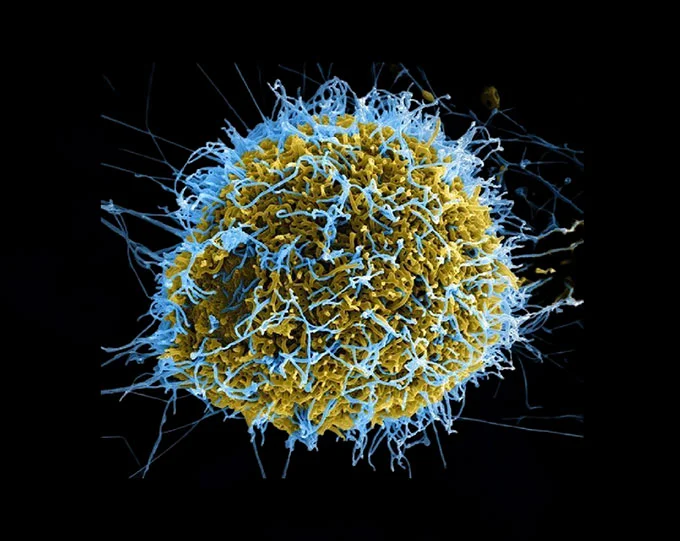 Signal TransductionSignal transduction refers to the process that extracellular factors combine with receptors (membrane receptors or nuclear receptors). And this process will trigger a series of biochemical reactions and protein-protein interactions in cells until the genes required for cell physiological reactions begin to express and various biological effects are formed.Learn More >
Signal TransductionSignal transduction refers to the process that extracellular factors combine with receptors (membrane receptors or nuclear receptors). And this process will trigger a series of biochemical reactions and protein-protein interactions in cells until the genes required for cell physiological reactions begin to express and various biological effects are formed.Learn More >



